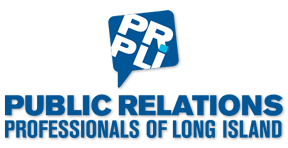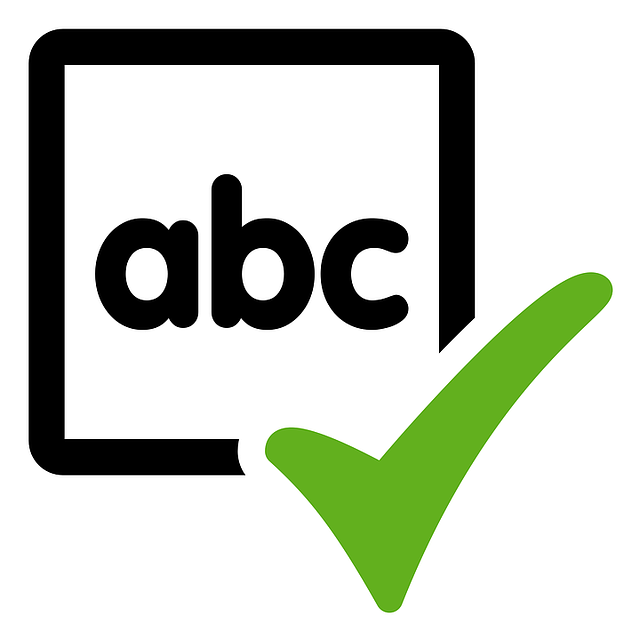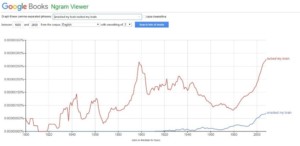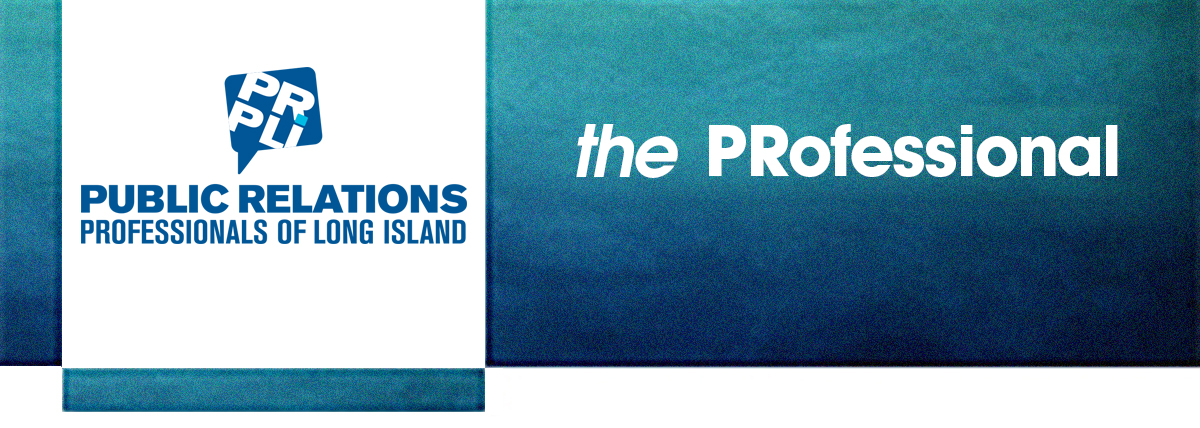By William Krol
I missed the deadline for turning in my column for the newsletter, stymied that I could not think of a topic I had not tackled previously. As I drafted a placating email to Louise, I wanted to explain that I had “racked” my brain trying to come up with a subject … wait, or was it “wracked”? (It was suddenly vitally important that I spell the word correctly, especially as I was about to throw myself upon her editorial mercy.)
To the dictionary! I shouted. Well, at least in my head. Well, maybe not so much those words. OK, it really amounted to “Let’s type in ‘wracked my brains’ into Google and see what comes back.” Imagine my surprise when I discovered that Merriam-Webster had a whole usage note on “Rack vs. Wrack.” (https://www.merriam-webster.com/words-at-play/rack-vs-wrack). Suddenly, I had a topic to write about.
So which is correct? Apparently, both.
The words have different sources, but Webster recommends treating them as variants of the same word, at least where the verb forms are concerned. Both “wrack” and “rack” have similar meanings. When you wrack something, you destroy it. When you rack something, you’re torturing it or causing distress. Either way, it’s unpleasant.
When used as nouns, “rack” and “wrack” have different meanings. A “rack” is something you hang your clothes on or something you use to torture another individual. A “wrack” is usually associated with things marine or nautical. Wrack is also a type of marine vegetation.
So when you are trying to describe how you thought and thought and thought before coming up with an idea, you either “wracked your brain” or “racked your brain.” Pick one and stick with it.
Which leads us to a larger question. When there are two variants of a spelling, which should you choose? A tool I’ve found useful is Google Ngram Viewer. N-grams are sequences of n words that are next to each other. One word is a unigram, two words a bigram, three words a trigram, and so on. (There are far more detailed and technical explanations to be found online.)
In the editing group I belong to on Facebook, many of the members have used Google Ngram Viewer to determine which word or phrase is more popular. I never paid much attention before, but when I was copy editing a manuscript recently, I was often faced with a choice of spellings for particular words or usages particular to the subject matter. These weren’t just British vs. American spellings, but often the way the author had used a phrase or styled something.
I decided to use Google Ngram Viewer to determine the popularity of each variant. In the Viewer, you indicate your choice of word spelling or phrase, and then set a time frame. The magical wizardry of Google reviews books within that time frame and returns a graph that indicates instances of the word or phrase.
In the graphic above, I asked Google Ngram Viewer to determine the popularity of “wracked my brain” vs. “racked my brain,” within the years 1800 to 2008 (that’s as recent as Google lets you search).
As you can see, “racked my brain” is found much more frequently than “wracked my brain.” It appears this has always been so, but starting around 1980, it began to far outstrip the use of “wracked my brain.”
Ultimately, the key to consistency is to pick a usage or spelling (ensure that it is correct to begin with) and stick with it.
William Krol is the communications manager at the Guide Dog Foundation for the Blind and America’s VetDogs and a freelance copy editor. Incidentally, the phrase from the title of the article is actually “rack ’em up.” He can be reached at wmkrol@yahoo.com.







